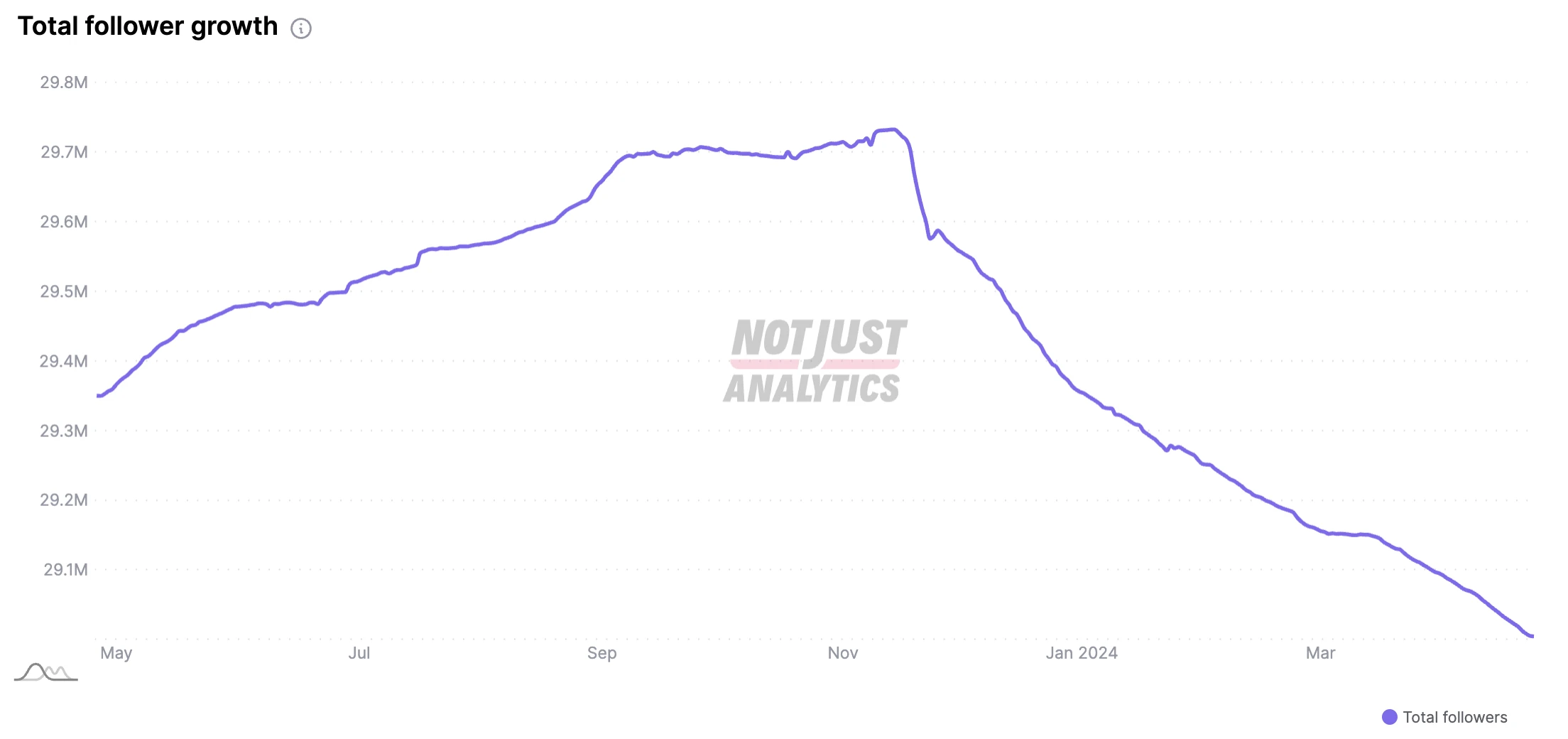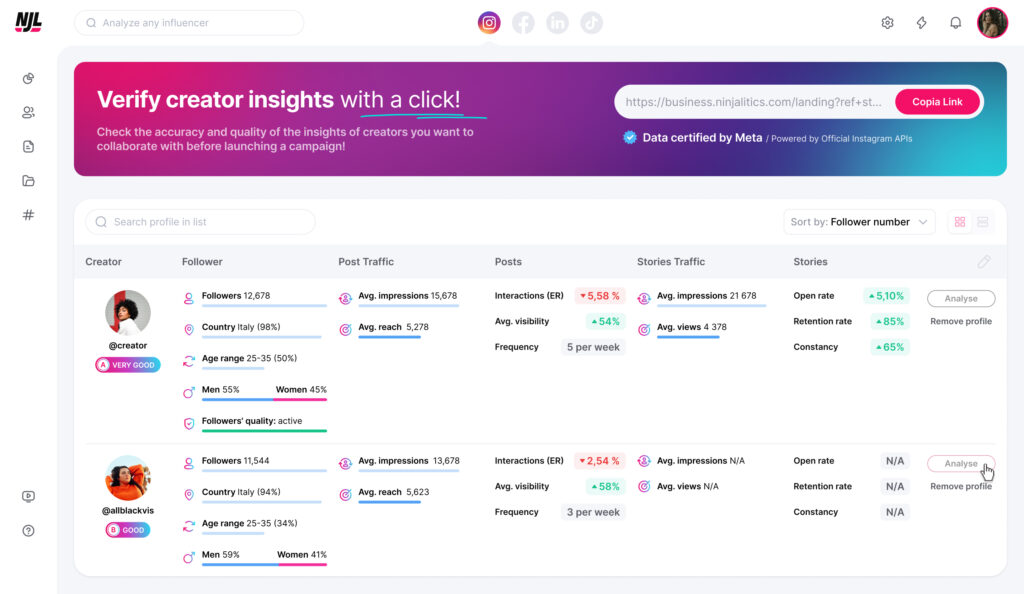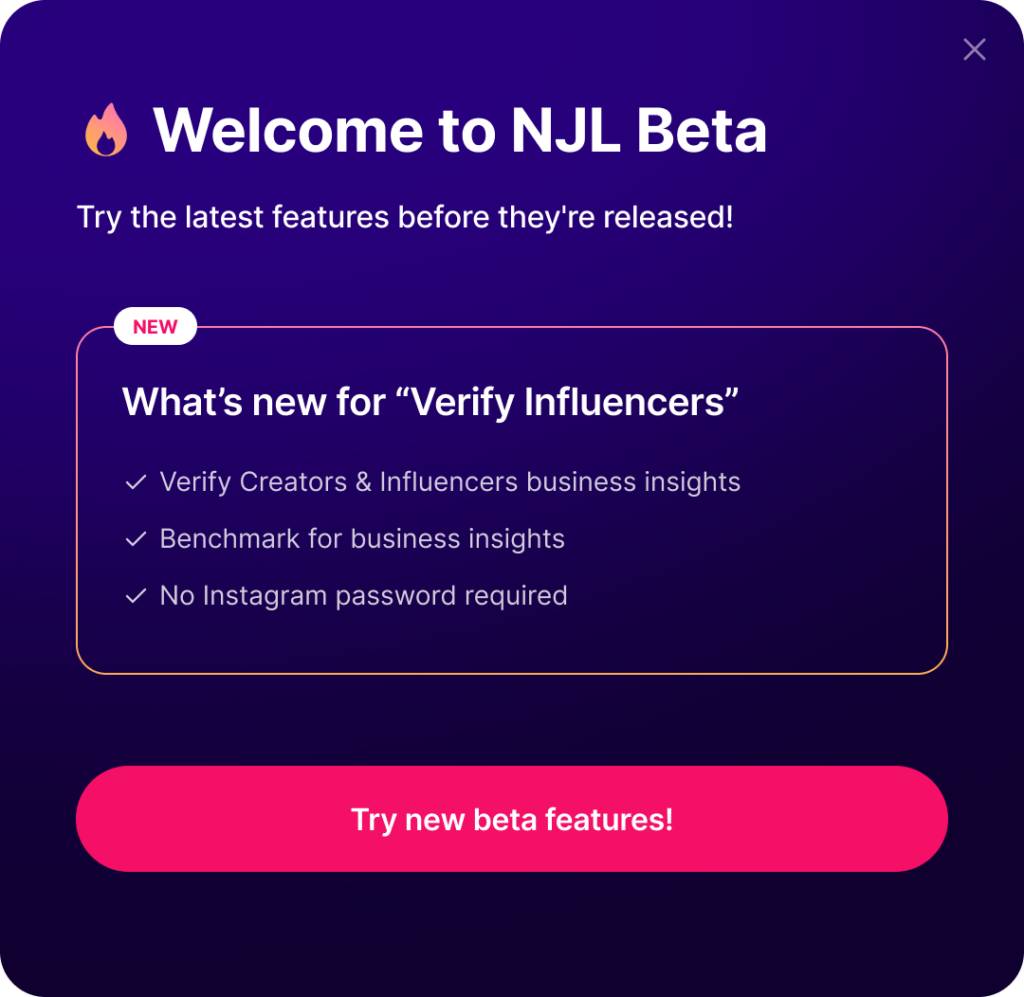As the digital landscape continues to evolve, the influencer marketing world finds itself at a significant crossroads. The recent turmoil surrounding Chiara Ferragni, once hailed as the queen of fashion influencing, underscores a growing crisis of confidence in influencer-driven branding. With Ferragni facing criminal charges amid allegations of charity fraud, the fallout has been swift and severe, leaving brands and followers alike questioning the integrity of influencer partnerships.
This scandal, as reported by The New York Times and The Guardian, reveals the precarious nature of influencer credibility and the potential for rapid decline in public favor. Ferragni’s case, marked by sponsor defections and a mass exodus of followers, highlights the inherent risks of aligning brand identities too closely with individual influencers.
This question is among the most frequent ones pondered by millions following one influencer or another. How does this paradigm shift affect business operations? Can companies still trust the likes of Ferragni to represent their brand? Or is influencer marketing definitively dead?
In the following lines, we aim to delve deeper into these issues, shedding light on the future of influencer marketing and identifying genuinely influential influencers.
The Chiara Ferragni case: a turning point for Influencer Marketing?
The end of 2023 was marked by the “Pandoro-Gate” scandal involving Chiara Ferragni, a case that glued millions to their smartphones. Her collaboration with Balocco could have been a smart marketing move had it been managed better. Since then, it hasn’t been a great period for the world’s number one influencer, from all perspectives.
Without delving into personal dynamics, let’s examine Chiara Ferragni’s social media performance to understand how these events have impacted her social media presence: her profiles have suffered a significant decline, further exacerbated by Ferragni’s decision to adopt a prolonged media silence strategy.

On Instagram, engagement rates plummeted from 5.8% in February 2023 to 2.5% in March 2024. TikTok figures are equally grim: nearly 6 million reactions in September 2023 dropped to 88,000 by January 2024. This also includes lost collaborations with other brands, absence from Milan Fashion Week, and missed earning opportunities.
This raises the question: will influencer marketing ever be the same?
The “Ferragni case” has led to an exacerbation of the influencer role. The widespread dissemination of news was significant because Chiara Ferragni is Chiara Ferragni, the queen of influencers, and one of the most followed accounts globally.
However, following revelations about the authenticity of her followers, it’s impossible not to question the real utility of influencers in a world where authenticity is becoming increasingly important in brand-customer relationships.
The new challenges of influencer marketing
Influencer marketing is now faced with a series of problems mainly based on a lack of transparency and the difficulty of obtaining authentic data. These issues can lead to failed social media marketing campaigns, resulting in misguided investments and a decline in companies’ trust in the sector.
The primary cause of these failed initiatives lies in the inability (and sometimes refusal) to verify the authenticity of the data provided by creators, leading to disappointing results and misaligned expectations.
For example, a fashion company launches a marketing initiative with an influencer boasting a million followers. However, after investing in this collaboration, the company discovers that most followers are inactive accounts or bots.
The engagement rate is minimal, and sales are not boosted in any way. The moral of the story: if the company had access to more authentic data, it could have chosen a more suitable influencer, perhaps with fewer but more active community followers.
Therefore, the need for clear tools and methodologies capable of ensuring data authenticity has never been more pressing. The industry’s challenge is to offer solutions to reestablish trust between creators and brands.
How does the industry respond?
The evident issues of transparency and data reliability in influencer marketing have led to a series of initiatives aimed at reforming and regulating the sector. One example is the intervention of AGCOM, the Authority for Communications Guarantees in Italy, which has taken concrete steps towards defining new guidelines and standards, yet to be confirmed and developed.
According to the guidelines, at least until July 2024, an influencer must:
i) have at least one million followers across different platforms;
ii) have published at least 24 content pieces in the previous year that meet the Guidelines’ criteria;
iii) have an average engagement rate of 2% over the last six months.

Furthermore, the Guidelines aim to ensure that influencers adhere to ethical and legal standards, with violations leading to fines ranging from 10,000 to 250,000 euros for advertising transparency and from 30,000 to 600,000 euros for obligations to protect minors.
Right? Wrong?
Certainly, there’s a lot of work to be done to refine them. On this, the entire web world agreed, for once.
By the way, Not Just Analytics officially joins the technical table established by AGCOM to define the rules that influencers and creators will have to follow in the coming years. We are not alone, of course, alongside us are another 65 entities including companies, agencies, institutions, associations, and platforms. The first two meetings in March 2024 aimed to discuss these guidelines, which generated several controversies.
The revolution of Not Just Analytics
The innovation introduced by Not Just Analytics represents a revolutionary turning point in the world of influencer marketing: a new functionality for the secure and transparent verification of Creator and Influencer data.
This tool is designed to tackle one of the sector’s most pressing challenges: the difficulty of accessing clear and reliable information on the creators with whom companies wish to collaborate. Thanks to NJL, it is now possible to perform a preliminary verification of the creators’ data, ensuring that collaborations are based on solid foundations of authenticity and mutual trust. All completely free of charge while the function remains in Beta: just enter your NJL account or create one if you don’t have it yet!
The benefits of using this new function are multiple. For companies, it means significantly reducing the risk of investing in unproductive or even harmful collaborations, thanks to access to verified and reliable data. Creators, on the other hand, benefit from an increase in their credibility, the opportunity to establish more solid relationships with brands, and finally, not being discarded for the number of followers but being valued for the data that really counts!
The process to access and use the NJL beta function is intuitive and occurs in three simple steps:
- Sign up for the beta
- You have your personal link: send it to Creators and Influencers with whom you want to collaborate
- View the Instagram profile data once the creator accepts the request.

This novelty is particularly beneficial for social media managers, communication agencies, and companies looking to optimize their influencer marketing strategies. But also for those creators who want to demonstrate their reliability and professionalism or who want to verify other creators with whom to make collaborative posts.
The goal of Not Just Analytics is to bring greater transparency and meritocracy to the influencer marketing sector, benefiting all involved parties concretely.
Conclusions
The “Ferragni case” has not marked the end of the influencer sector. Instead, it has determined a turning point towards the need for more transparency, authenticity, and data reliability. Initiatives like AGCOM’s intervention represent crucial steps towards market reform.
Not Just Analytics also plays its part. With the new features, available for free on your account, you can verify the data of Creators and reduce the risk of wasting money on an ineffective collaboration!


Leave a Reply